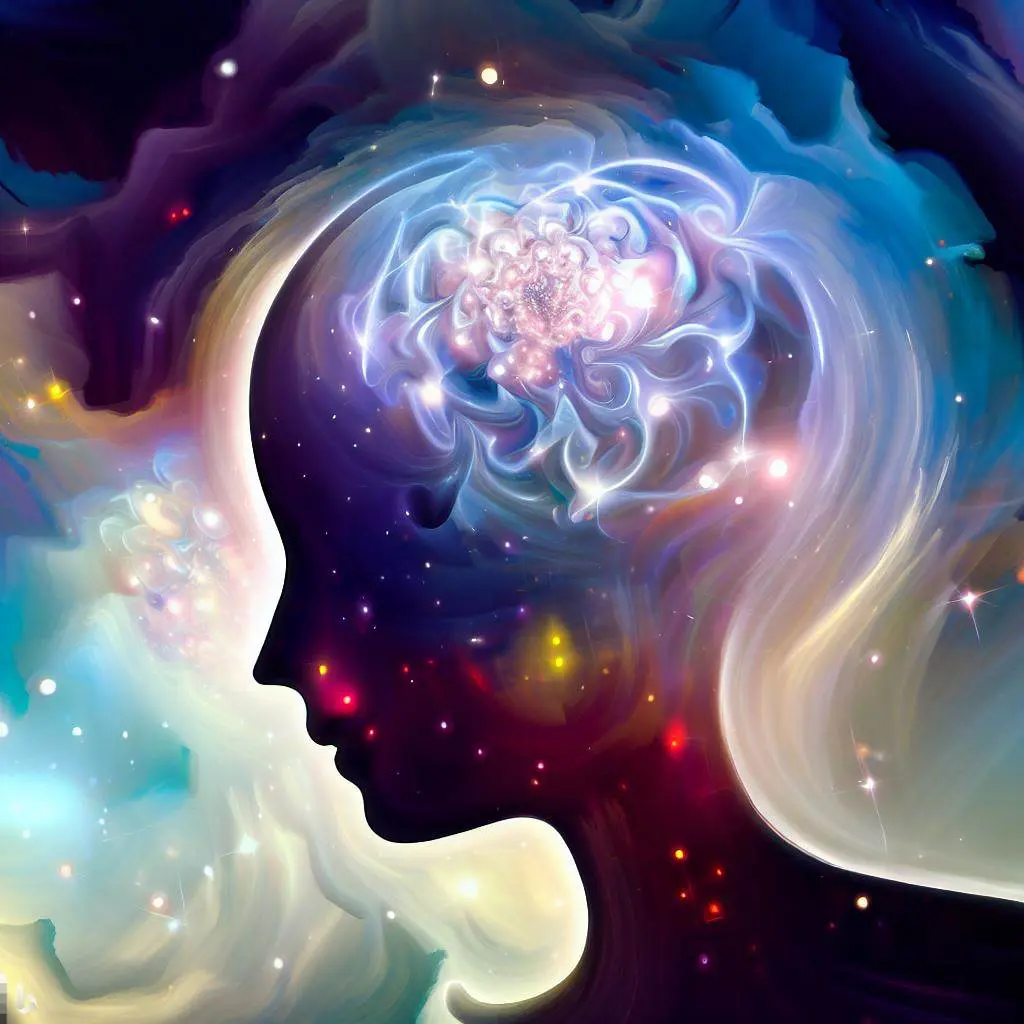Why do we do the things we do?
Psychology is the scientific study of the mind and behavior, encompassing a wide array of topics such as mental processes, emotions, cognition, development, personality, and social interactions. It seeks to understand how individuals think, feel, and act, both individually and in groups.

It fascinates me endlessly and — because you’re here! — I am guessing it fascinates you too. We’ve defined some terms here:
- Arrested Development
- Banality of Evil
- Bigotry is Poor Thinking
- Black and White Thinking
- Bullies
- Cognitive Dissonance
- Confirmation Loop
- Covert narcissism
- Defense Mechanism
- Dogma Deprogramming
- Dissociation
- Ego defense
- Emotional Blackmail
- Empathy
- Extremism
- Gaslighting
- Grandiosity
- Influence Techniques
- Integrative Complexity
- Magical Thinking
- Malignant Narcissism
- Motivated Reasoning
- Narcissistic Personality Disorder (NPD)
- Negging
- Neurolinguistic Programming (NLP)
- Paranoia
- Personality Disorders
- Phobia Indoctrination
- Political Psychology
- Projection
- Psychopaths
- Scapegoating
- Social Dominance
- Splitting
- Supremacy
- Tactics of Emotional Predators
- The Fear of Death
- Word Salad

Learn More:
30 Common psychological biases ↗
These systematic errors in our thinking and logic affect our everyday choices, behaviors, and evaluations of others.
28 Cognitive distortions list ↗
Cognitive distortions are bad mental habits and unhelpful ways of thinking that can limit one’s ability to function in the world.
24 Logical fallacies list ↗
Recognizing and avoiding logical fallacies is essential for critical thinking and effective communication.